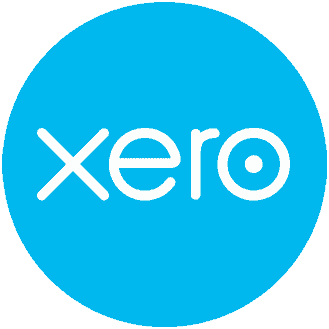Limited Liability Company – Standard Company
The usual company we think of is a standard, or limited liability company.
This is the most common type of company incorporated under the Companies Act 1993, and it is a separate legal entity. This means that it has a legal personality distinct from the directors and the shareholders. The company has full responsibility for all of its legal and financial obligations. It must take care with the implementation and administration of all the company’s business and compliance matters. The business activities of the company are separate from the individuals – and can provide the benefit of limited liability for the shareholders.

The technical
The shareholders are generally only liable for any money they owe on their shares, or to the company. As well as any personal guarantees they have given to lenders or creditors, such as banks or suppliers. For many operating entities, this is very important as it ensures that the only assets at risk are those within the company (assuming external assets are not used to guarantee liabilities).
A limited liability company is the most commonly used business vehicle in New Zealand. It is easily understood by most people in business. This means, contractual transactions, such as obtaining a line of credit, become reasonably straight forward whether that is from a bank or a supplier. The company should always maintain a separate bank account and keep separate records for evidentiary purposes.
The legislative framework means that with the benefits there are also limitations. Companies in New Zealand must follow strict regulations, legislation, and guidelines, or face severe consequences. Companies are required by law to record shareholder meetings and other business activities. They must also file returns with the Companies office as and when necessary.
The tax
Incorporating a company in New Zealand means that you can take advantage of tax benefits. Whilst the income is retained in the company, the current tax rate for companies in New Zealand is 28% . Where tax paid income is paid out to shareholders, imputation credits can be attached to eliminate double taxation. Shareholders are generally not liable for company tax debts.
If the company has more than one investment or business venture, accessing cash may be difficult to do tax effectively. Accessing capital gains accrued within the company is generally only able to be achieved tax effectively on liquidation. There can also be additional difficulties accessing capital gains for any shareholders who are non-residents. Growth using capital gains may leave the shareholders exposed to overdrawn advance accounts. This can occur when income allocated is unable to keep up with drawings over time.
Transactions between associated persons (persons with common economic interests or family relationships) can create “tainted” capital gains. These tainted capital gains can still be taxable on distribution, even on liquidation. Under the amended rules, tainted capital gains will still arise when a company transfers an asset to another company with 85% commonality of shareholding and ownership of the asset remains at 85% at the time the company is liquidated.
Fringe Benefit Tax may be payable on private use of company assets (e.g., motor vehicle) by a shareholder. In addition, associated entity transactions (e.g., between businesses or other bodies that are connected to each other in some way) generally need to be made at market value. Otherwise a deemed dividend may arise, creating a potential tax headache.
Change of ownership?
It is a simple process to change ownership in a company. However, there are some things to be aware of. Shareholder continuity must be maintained to protect tax losses and imputation credits for use in future income years. Although there are new business continuity rules that can preserve the tax losses following a change of shareholding, these rules do not apply to imputation credits.
On the sale of shares, unless the shares were acquired with the intention to dispose, or as part of a share trading business, proceeds from the sale should be capital (tax free) in nature. Any unrealised tax liabilities within the company will be transferred to the purchaser.
From a purchaser’s perspective, any unrealised tax liabilities existing with the company will be transferred to them as the new owner. Any liabilities existing within the company will also remain within the company and transfer with the sale of shares. Thus, there is always a word of warning when clients are considering purchasing shares.
What are the common issues we are seeing in practice?
We are continuing to see numerous companies with significantly overdrawn shareholder current accounts. As companies are required to charge interest on these amounts, this results in taxable income in the company and large tax liabilities.
These overdrawn shareholder current accounts have come about time and time again because the shareholders have outgrown their structures. The company may have been accumulating capital gains over time, and now the shareholders want to return and live off those capital gains. Or the company may have invested in a share portfolio, and the shareholders want to access those gains. Or the company may have sold a business or a property, and although the company wants to continue to operate, the shareholders have withdrawn those funds.
Although there is pain involved in restructuring, it is generally needed in these circumstances and can result in significant tax savings over time.
*This publication contains generic information only. NZ Tax Desk Ltd is not responsible for any loss sustained by anyone relying on the contents of this publication. We recommend you obtain specific taxation advice for your circumstances.
The post Limited Liability Company – Standard Company appeared first on .













